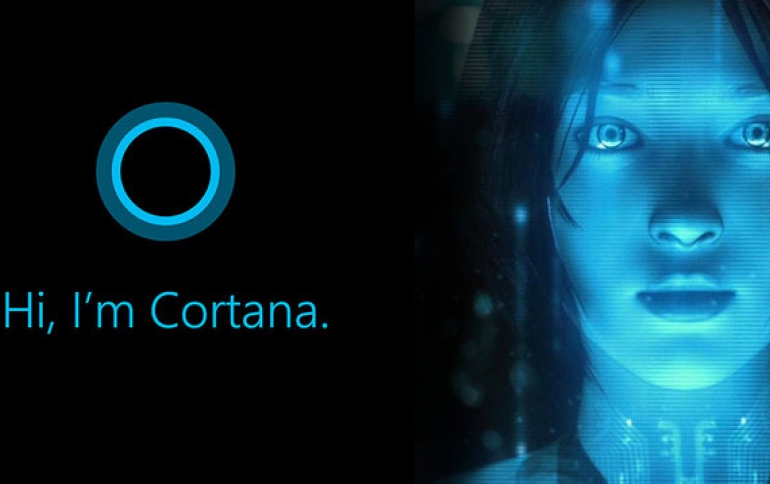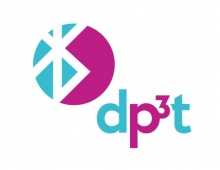
Microsoft's Privacy Policy Now Says Humans Listen to Users' Voice Data
Microsoft has updated its privacy policy to let customers know that it had been collecting voice data of its users with the help of employees and contractors.
The company admitted it collects voice data to provide voice-enabled services for Skype and Cortana and sometimes uses vendors to assist in improving these services.
“We realized, based on questions raised recently, that we could do a better job specifying that humans sometimes review this content,” a Microsoft spokesperson said.
The company is the latest tech giant to admit to such practices, after media reports on Tuesday said Facebook has been paying outside contractors to transcribe audio clips from users of its services.
Tech companies have been facing broad criticism from lawmakers and regulators over their privacy practices.
Irish regulator queries Facebook on transcription of users' audio
Meanwhile DPC, Facebook’s lead EU regulator, is seeking information on how the company handled data during the manual transcription of users’ audio recordings, Ireland’s Data Protection Commission said on Wednesday.
The DPC already has eight individual probes into the U.S. social media giant, plus two into its WhatsApp subsidiary and one into Facebook-owned Instagram.
“Further to our ongoing engagement with Google, Apple and Microsoft in relation to the processing of personal data in the context of the manual transcription of audio recordings, we are now seeking detailed information from Facebook on the processing in question and how Facebook believes that such processing of data is compliant with their GDPR obligations,” the commission said in an emailed statement.
Under the EU’s General Data Protection Regulation (GDPR) privacy rules, regulators have the power to impose fines for violations of up to 4% of a company’s global revenue or 20 million euros ($22 million), whichever is higher.
Facebook until recently carried out human review of private audio from its Messenger app in order to improve artificial intelligence systems to transcribe accurately but no EU users were affected, the company said on Wednesday.
The audio snippets in question were masked to avoid revealing anyone’s identity and the company never listened to people’s microphones without explicit activation, Facebook claims, describing a practice common in the industry.





















